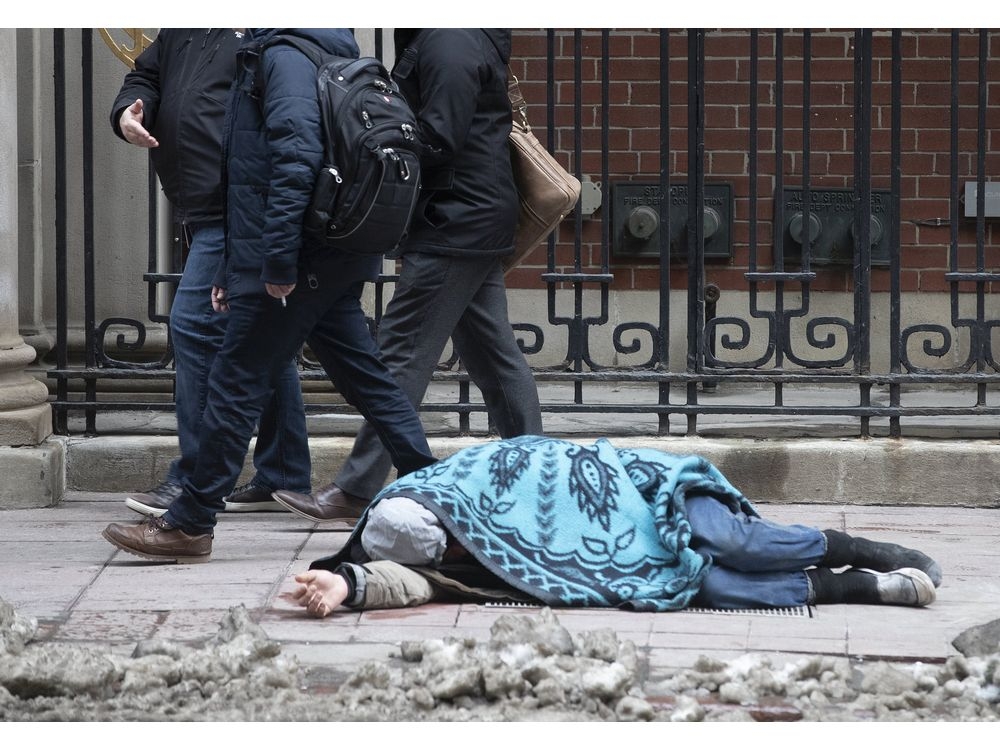Toronto City Council has postponed a decision on a “time-sensitive” motion concerning public consultations for six proposed homeless shelters across the city. The deferral, passed by a 10-5 vote despite objections from some councillors, came during a meeting where members declined to extend proceedings late into the night. The motion raised concerns about the effectiveness of current community engagement efforts, which were described as too generalized to address the specific needs of affected neighborhoods. This delay occurs amid ongoing challenges in Toronto’s shelter system, where demand continues to outpace capacity, highlighting tensions around shelter placement and community consultation.
During the recent City Council meeting, the motion aimed at advancing specific public consultations for six new homeless shelters was deferred following a 10-5 vote. The decision not to extend the meeting late into the evening was a significant factor in postponing the vote, reflecting the council’s challenging schedule and the complex nature of the issue.
Concerns Over Community Engagement
Proponents of the motion argued that existing consultations with communities near the proposed shelter sites have been too broad, failing to capture the unique concerns and circumstances of individual neighborhoods. The motion’s supporters emphasized the need for targeted engagement strategies to ensure that residents’ voices are heard and that shelters are integrated thoughtfully into local contexts.
Opponents of the motion, however, expressed concerns about the feasibility and timing of additional consultations, fearing that delays could hamper efforts to address urgent shelter capacity shortages. Some councillors stressed the importance of moving forward quickly given the persistent demand for shelter spaces and the vulnerability of individuals experiencing homelessness.
Context of Toronto’s Shelter System Challenges
Toronto continues to face significant challenges in addressing homelessness, with shelter capacity consistently falling short of demand. The city is in the process of expanding its shelter network to better accommodate those in need, but the siting of new facilities often brings community resistance, commonly referred to as the “Not In My Backyard” (NIMBY) phenomenon.
This dynamic creates tension between the urgent need for shelter services and residents’ concerns regarding factors such as safety, property values, and neighborhood character. The deferral reflects a broader struggle to balance these competing interests while ensuring that vulnerable populations receive necessary support.
Next Steps and Implications
The postponement means that specific consultations tailored to the six proposed shelter sites will not proceed immediately, potentially delaying shelter openings. City officials and advocates are expected to revisit the issue in upcoming council sessions, with ongoing discussions anticipated to focus on improving community engagement processes and expediting shelter development.
The delay underscores the complexity of urban planning and social service delivery in a diverse city like Toronto, where inclusive consultation is critical but must be balanced against pressing humanitarian needs.
In summary, the deferral of the motion for targeted public consultations on six proposed homeless shelters highlights the ongoing challenges faced by Toronto City Council in balancing community engagement with the urgent demand for shelter capacity. While the need for more focused and neighborhood-specific dialogue is acknowledged, concerns about delaying shelter availability remain pressing. The situation underscores the complexities involved in addressing homelessness in a large urban environment, where effective communication, timely action, and sensitivity to local concerns must all be carefully managed. Moving forward, city officials will need to navigate these competing priorities to develop solutions that support both residents and vulnerable populations in need of shelter services.

